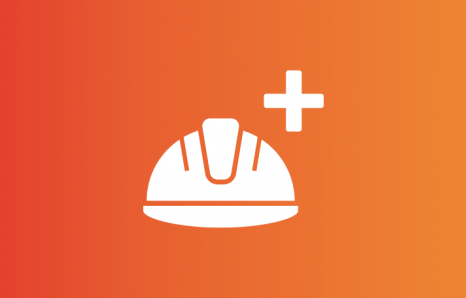Everyone should be able to do their job without someone threatening, assaulting or harming them. But on the railway’s front line, sadly, that isn’t always the case. In fact, RSSB statistics show that a staggering 94.1% of frontline staff have experienced workplace abuse. In this session, British Transport Police’s Inspector Keith Barnes describes how incidents of violence against railway staff can occur and how to de-escalate them. He also talks about how body-worn cameras can be both a deterrent and an aid to evidence-gathering once an assault has occurred.
You may also be interested in:

On-Road driving fatigue risk in rail operations
Technological innovation in the automation of vehicles is progressing faster than standards or regulatory bodies can keep up with. The overall market share for automated vehicles is expected to increase to approximately 40% of vehicle travel by 2040. However, automated driving is fundamentally different to manual driving. The driver must be prepared to take over control of the vehicle whenever necessary. This shifts the driver’s role from being actively engaged in the driving task to that of a passive supervisor of the system.

Health and wellbeing data dashboard
Research analysts and health & wellbeing specialists showcase the new dashboard designed to help the rail industry and rail organisations to measure employee wellbeing – with data insights and discussion.

Dealing with the hidden killer: Improving dust controls
It may be microscopic in size, but dust can pose a big risk to our health. Hear from Steve Perkins, who aims to improve our understanding of how we can control health risks through occupational hygiene – especially the challenge of dust.
